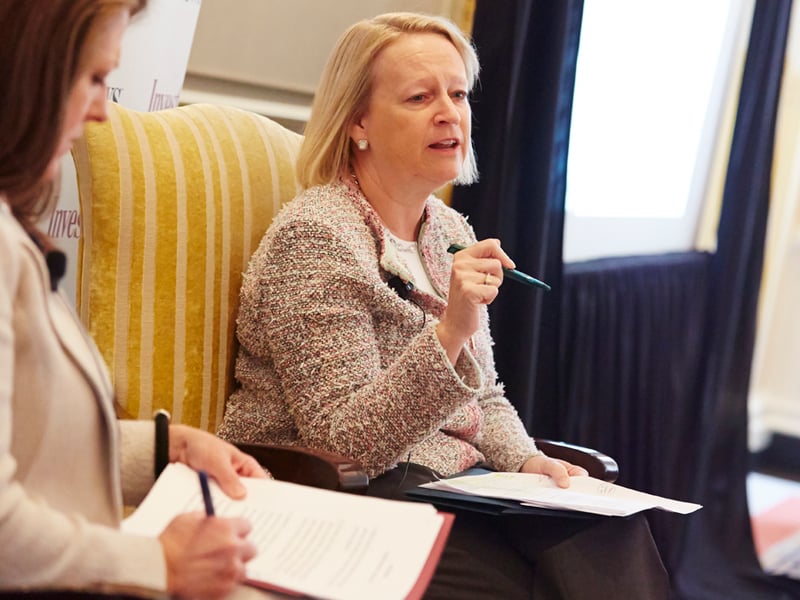

You can lead the band but you need people to make the music. -Mary Schapiro #womensforum2015
— Abby salameh (@AbbySalameh) June 23, 2015Thank you Chairman Shapiro for taking the chance without assurances #womensforum2015
— Corethia V E Oates (@CorethiaVEOates) June 23, 2015Mary Schapiro @ the Investment News conf talking about the shortcomings of Dodd Frank. #Siena wealthadvisorygroup pic.twitter.com/TSxVQwuEhe
— Bret Sanford (@bretsanford) June 23, 2015Schapiro predicts regulators will become more comfortable w/ tech & data, focused on practices for retirement age investors #WOMENSFORUM15
— Investment Program (@IPADirectInvest) June 23, 2015#womensforum2015 @IPADirectInvest @eventsfromIN Schapiro: Hire a contrarian who forces you to think in different ways than usual
— Marion Asnes (@marionasnes) June 23, 2015
Eliseo Prisno, a former Merrill advisor, allegedly collected unapproved fees from Filipino clients by secretly accessing their accounts at two separate brokerages.

The Harford, Connecticut-based RIA is expanding into a new market in the mid-Atlantic region while crossing another billion-dollar milestone.

The Wall Street giant's global wealth head says affluent clients are shifting away from America amid growing fallout from President Donald Trump's hardline politics.

Chief economists, advisors, and chief investment officers share their reactions to the June US employment report.

"This shouldn’t be hard to ban, but neither party will do it. So offensive to the people they serve," RIA titan Peter Mallouk said in a post that referenced Nancy Pelosi's reported stock gains.
Orion's Tom Wilson on delivering coordinated, high-touch service in a world where returns alone no longer set you apart.
Barely a decade old, registered index-linked annuities have quickly surged in popularity, thanks to their unique blend of protection and growth potential—an appealing option for investors looking to chart a steadier course through today's choppy market waters, says Myles Lambert, Brighthouse Financial.
